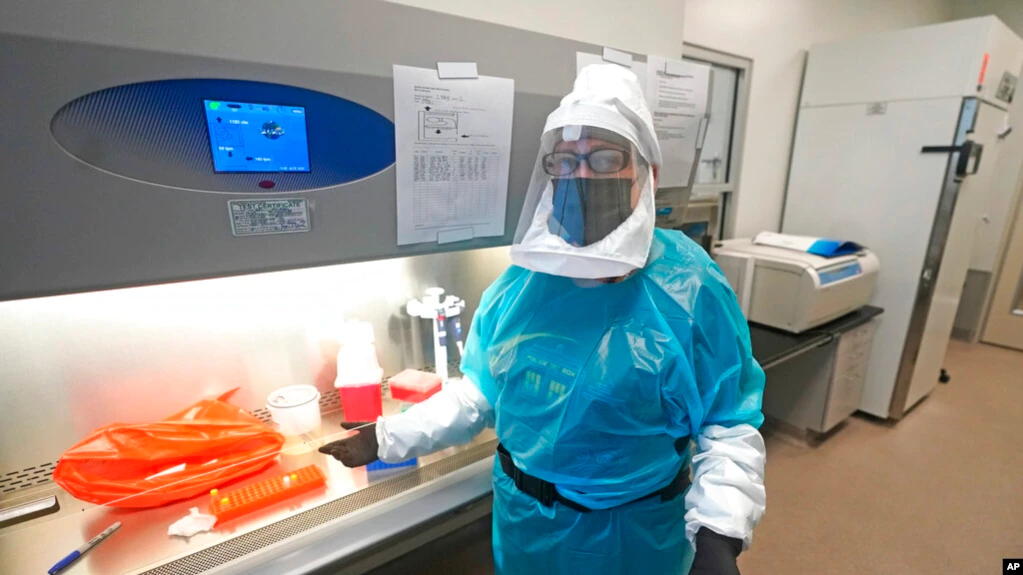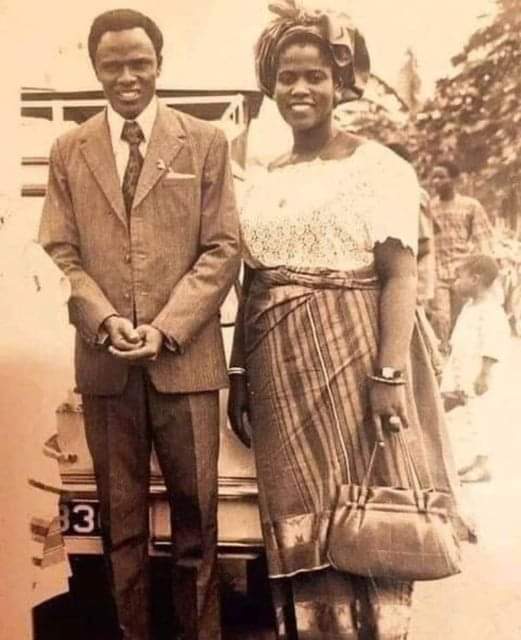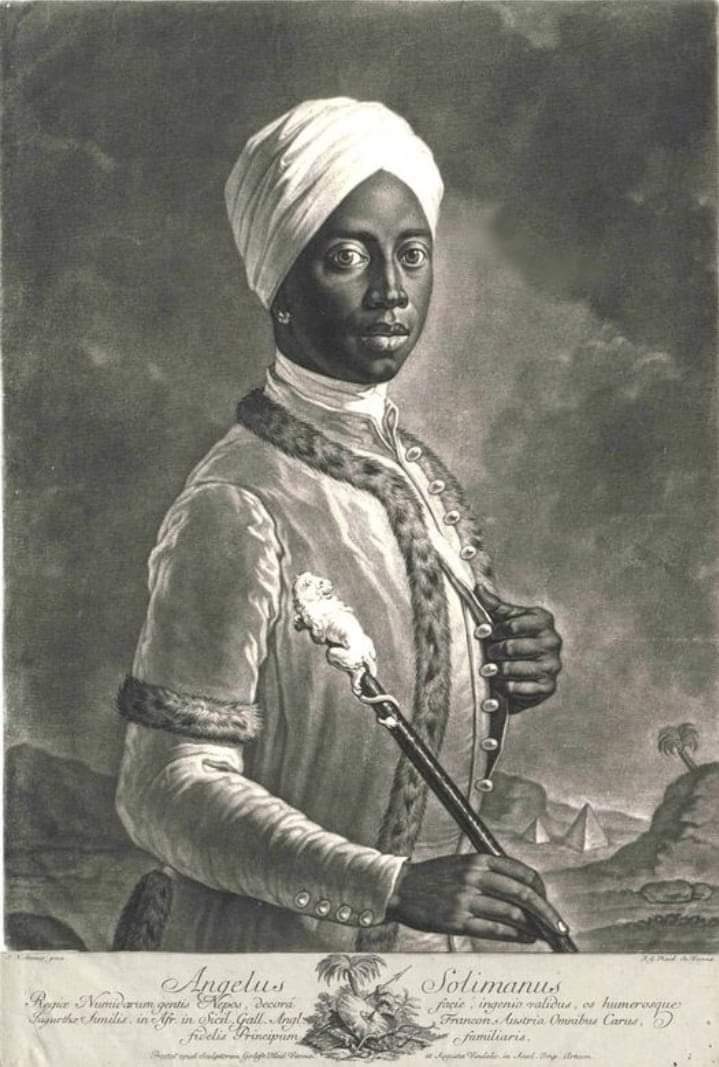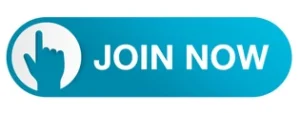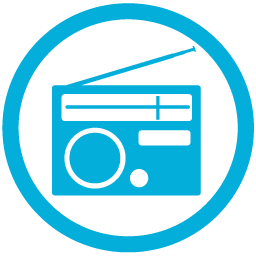

Men who have sex with men should have fewer sex partners in order to curb the spread, WHO chief Tedros Adhanom Ghebreyesus said Wednesday.
“This is an outbreak that can be stopped,” Tedros said. “The best way to do that is to reduce the risk of exposure.”
However, he added, intolerance of homosexuality would not help.
“Stigma and discrimination can be as dangerous as any virus, and can fuel the outbreak,” Tedros said.
What are the symptoms? Is it fatal?
The disease causes fever, headache, muscle pain, fatigue and swollen lymph nodes, followed by a rash, usually on the face, palms and soles of the feet. About a third of cases also develop a rash on the genitals.
The strain of monkeypox responsible for the global outbreak is rarely fatal but can be extremely painful, according to the CDC. About 10% of cases have been hospitalized “to manage the pain caused by the disease,” Tedros said.
Five deaths have been reported — three in Nigeria and two in the Central African Republic.
What about vaccines and treatments?
About 16 million doses of vaccine are available worldwide, but most will take several months to be packaged and distributed, according to the WHO, which is recommending vaccination only for people at high risk, including people exposed to an infected person, health workers and people with multiple sex partners.
People vaccinated against smallpox likely have some protection against monkeypox, which is a related virus. Smallpox vaccination ended after the disease was declared eradicated in 1980.
Several antiviral medications have been approved.
How unusual is this outbreak?
The current outbreak is the first time this many cases have occurred in such widely dispersed areas outside the endemic countries in West and Central Africa.
Europe accounts for two-thirds of the cases. Nearly one-fifth are in the United States.
WHO’s advisory committee did not agree on the magnitude of the threat at its meeting last Saturday, but Tedros made the decision to declare a “public health emergency of international concern,” the agency’s highest threat assessment.
Two of the hardest-hit U.S. regions have raised the alert level over the monkeypox outbreak.
San Francisco declared a public health emergency Thursday. The city accounts for 281 of California’s nearly 800 cases. The declaration gives health officials access to additional resources to deal with the outbreak.
New York, with nearly 1,400 cases statewide, made a similar declaration Thursday.
Worldwide, more than 21,000 cases have been reported in 78 countries, nearly all of them outside West and Central Africa, where the virus is endemic. The World Health Organization (WHO) raised the threat level to its highest ranking last weekend.
The U.S. case count is nearing 5,000, according to the U.S. Centers for Disease Control and Prevention (CDC).
The federal government has not declared an emergency but announced plans Thursday to distribute nearly 800,000 additional doses of monkeypox vaccine.
U.S. health officials said they had already distributed 340,000 doses, but many jurisdictions have reported that they have had to turn away patients because of short supplies.
Here are some answers to frequently asked questions.
Who gets monkeypox, and how?
The outbreak has been concentrated among men who have sex with men, though anyone can get monkeypox.
The virus spreads through contact with the rash that infected patients develop. It can also pass through bodily fluids, respiratory droplets after prolonged face-to-face contact or contaminated clothing, bedding or towels.

NewLatter Application For Free

